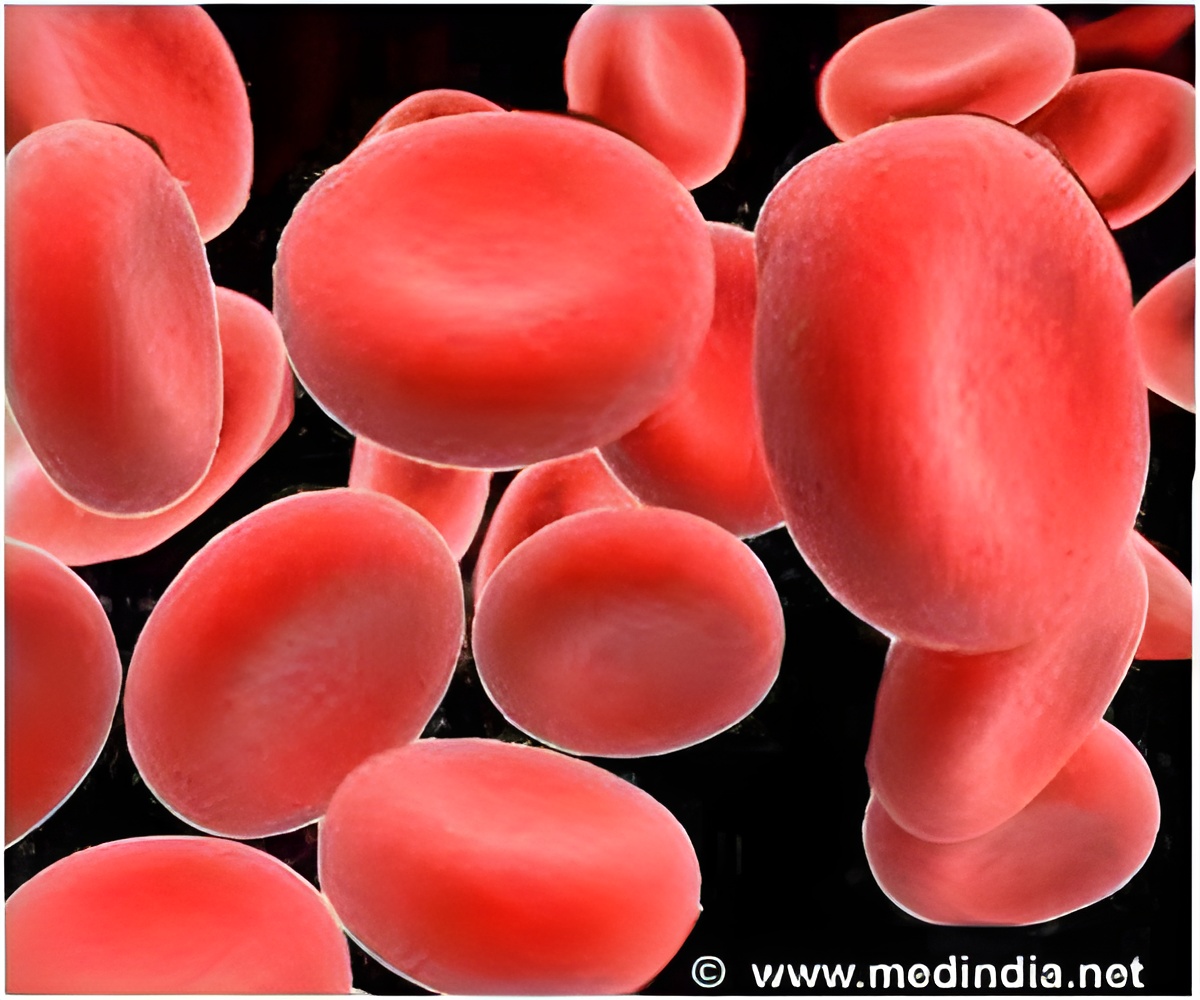Three and a half years after beginning a clinical trial which demonstrated the first successful and sustained use of genetically engineered T cells to fight leukemia,

Two of the first three chronic lymphocytic leukemia (CLL) patients who participated in the study, which started in the summer of 2010, remain in remission, with tests revealing reprogrammed cells still circulating in their bodies, on guard to combat tumor cells that may reappear in the future. Additional highlights of the new research results include an 89 percent complete response rate among adult and pediatric patients with acute lymphoblastic leukemia (ALL).
"In a very short time, we've learned so much about how CTL019 works and how powerful it can be," said the research team's leader, Carl H. June, MD, Richard W. Vague Professor in Immunotherapy in the department of Pathology and Laboratory Medicine and director of Translational Research in Penn's Abramson Cancer Center. "Our findings show that the human immune system and these modified 'hunter' cells are working together to attack tumors in an entirely new way."
The research team, which includes investigators who treat patients at both the Hospital of the University of Pennsylvania and the Children's Hospital of Philadelphia, will announce findings from trials of three different groups of patients:
- 15 of 32 adult patients with CLL (47 percent) responded to the therapy, with seven of those experiencing a complete remission of their disease. Results of both the completed pilot study of 14 CLL patients (Abstract #4162) and results thus far of the first 18 patients in a Phase II, dose-optimization trial (Abstract #873) will be presented.
- 19 of 22 pediatric patients with ALL (86 percent) experienced complete remissions. The first pediatric patient treated with the protocol, who is now 8 years old, remains in remission 20 months later. Five patients have relapsed, including one whose tests revealed new tumor cells that do not express the protein targeted by the reprogrammed cells. (Abstract #67) Advertisement
- All five of the first adult ALL patients treated thus far experienced complete remissions, the longest of which continues six months after treatment. One patient subsequently underwent a bone marrow transplant and remains in remission. One patient relapsed after three months with disease that also tested negative for the engineered cell target. (Abstract #67)
Advertisement
Source-Eurekalert











